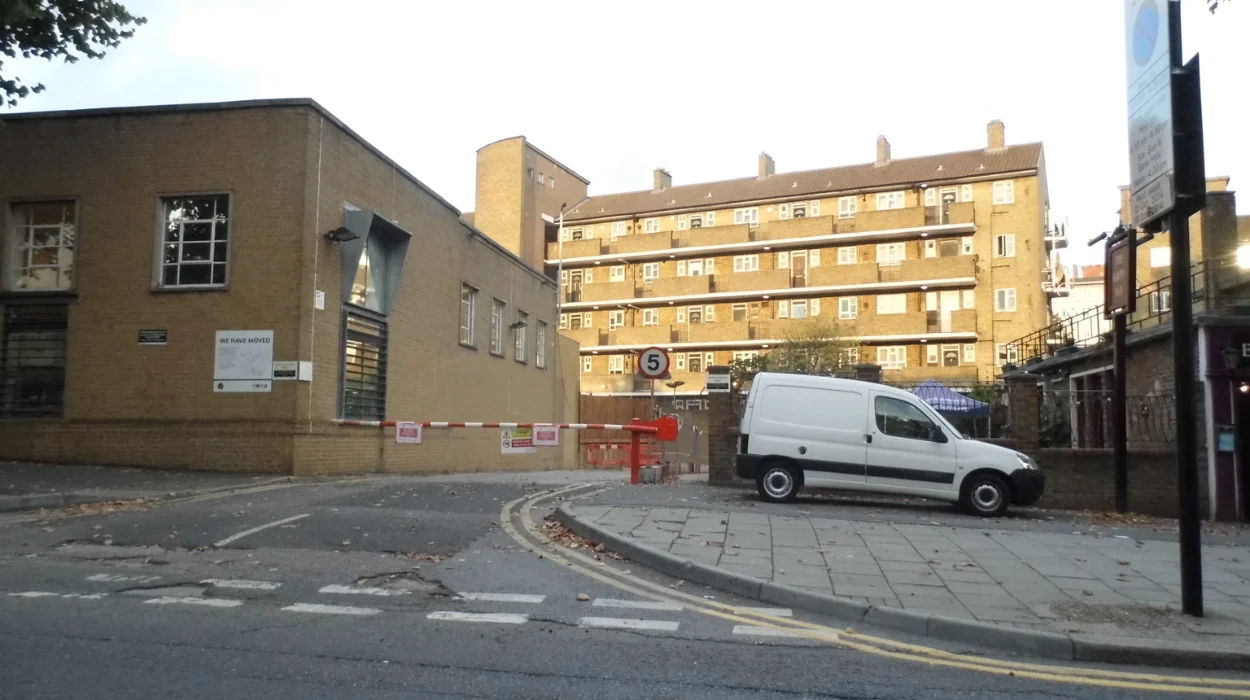Hackney (Parliament Politics Magazine) – Hackney Council has approved the final phases of the Woodberry Down regeneration masterplan despite objections raised by local residents.
Berkeley Homes was given conditional outline planning permission, subject to conditions, for the project’s final phases by Hackney council during a planning subcommittee meeting on September 3.
Residents and leaders of the Woodberry Down Community Organization (WDCO) voiced their objections to the most recent iteration of the regeneration, which started 20 years ago, prior to the decision.
Geoff Bell and Elaine Gosnell, residents of Woodberry Grove North, were represented by objector Frances MacFarland, who said he was “shocked” to learn earlier this year that his street was included in the design.
Referring to phase 6 of the plans, he said:
“We generally agree with the application.
But it seems to us that nobody has noticed that we have done a home grown regeneration here.
Number 44 has been totally rebuilt and extended to find room for a family with five young children. Number 46 has had a roof extension and replaced its windows. Another property has been transformed into a specialist dentist practice which is always very busy.
It would be financially and environmentally irresponsible to demolish these houses.”
A spokesperson for Berkeley said Woodberry Grove North, including the three properties mentioned, has been “clearly shown” within the Woodberry Down site boundary in every version of the masterplan since 2008.
They said:
“All three approved masterplans since this time have been subject to extensive public consultation.
Letters were issued by Hackney Council in February 2025 to confirm that these properties are included in Phase 6 of the regeneration.”
During the conference, the issue of social housing cuts was also brought up.
In the four remaining stages of the Woodberry Down Regeneration Scheme, the application requested planning permission for a maximum of 3,083 residential homes.
The program’s overall goal is 43% affordable housing. A total of 20% is allocated to social housing in the remaining phases, which is divided between 44% social rent and 56% shared ownership.
Nonetheless, MacFarland claimed that the estate’s 1,520 council dwellings from 2008 were lowered to 1325 under this plan, representing a 13% decrease.
This was echoed by Barbara McFarlane, architect and member of Sustainable Hackney, who told the meeting:
“If you vote this scheme you’re voting for fewer social homes than when the regeneration started.
In that time, numbers in temporary housing have doubled. We all know that we need homes for the less well off rather than the affluent. Hackney cannot afford to lose more social housing.”
In response, Berkeley Homes spokesperson Tom Anthony stated that the developer is unable to lawfully lower its contractual commitments under the original development agreement.
Additionally, he stated that the initial pledge of 41.7% affordable housing has not decreased and is still in place for the most recent application at 43.7%.
Concerns were also expressed by objectors regarding the “staggering” loss of trees and wildlife.
Campaigners assert that the proposal will result in a 9.25% net loss of biodiversity, when planning guidelines call for a minimum gain of 10%.
McFarlane said:
“We’re worried about the harm to existing biodiversity.
Instead of open landscape, there will be privatised green space podiums, six metres above the ground where nature can’t thrive.
The current scheme is business as usual and makes very little attempt to tackle the climate and ecological crisis – are these homes what we need?”
In addition to thousands of new houses, the Woodberry Down regeneration was initially approved in 2005 with the goal of enhancing public areas and community services.
Although the WDCO has voiced serious reservations about current masterplan ideas, especially the decreased number of really affordable social dwellings, density issues, and the impact on local infrastructure, the organization generally supports the Woodberry Down regeneration in principle.
According to Hackney Council, £12 million will be donated to local infrastructure, including roads and sewers, after all of the new dwellings are finished.
A Hackney Council spokesperson said:
“The Woodberry Down regeneration is building thousands of much needed new homes, including a brand new high quality social rented home for all secure council tenants living on the estate as well as new shared ownership homes.
It has also provided new community facilities for everyone in the area, including the biodiversity-boosting Woodberry Wetlands nature reserve, acres of new green space, a new community centre, shops, offices, children’s centre and play facilities at Spring Park.”
Conditional outline planning permission has been granted for phase 5-8 of the Woodberry Down regeneration, subject to completion of a Legal Agreement and referral to the Mayor of London.
What were the main objections residents raised against the final phases?
The inadequate supply of social housing in relation to the number of social rented homes demolished, reducing the overall availability of affordable housing.
Concerns over loss of biodiversity, trees and wildlife habitat, with fears the scheme fails to provide the necessary net biodiversity gain. Worries over environmental sustainability and the sense that the scheme does not fulfill the updated climate and green infrastructure objectives.
Insufficient sports and leisure facilities to underpin a healthy community, and concerns about the increased density impacting the character and identity of the community.


